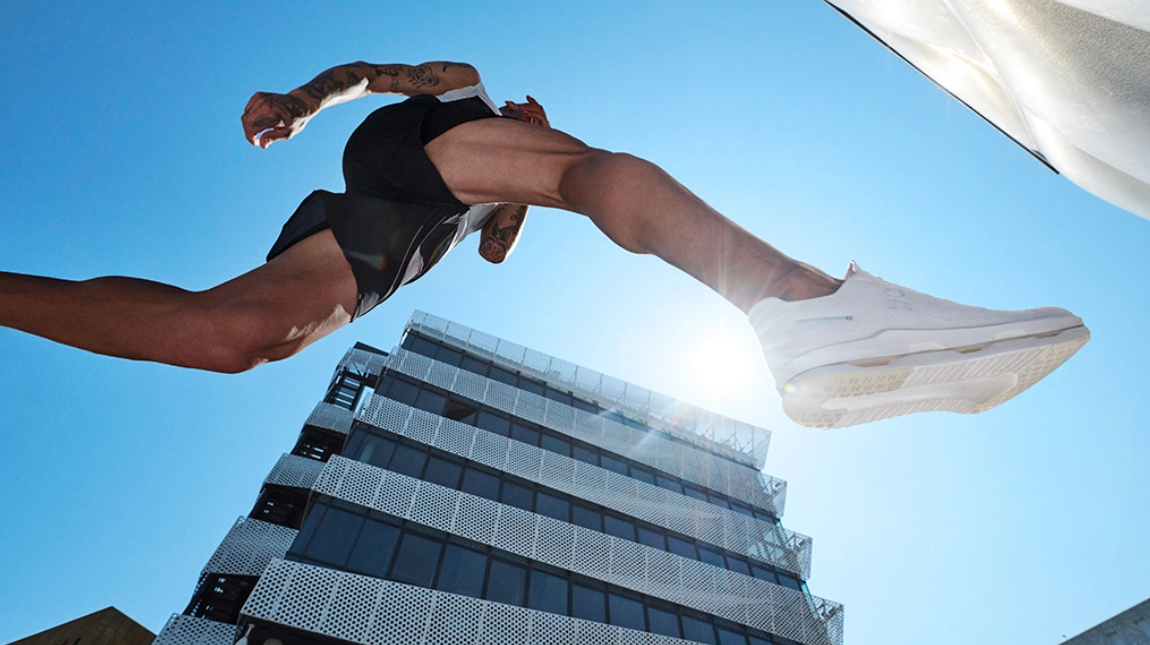In an Overall Weak Quarter for Retail, Here Are the Biggest Winners So Far
It’s been an overall rough quarter for retailers and brands.
As consumers pull back on discretionary spending, retail companies have largely reported softening sales in their most recent quarters. Some companies, like Macy’s and Designer Brands Inc., have downgraded their full-year outlooks to reflect the hit to sales.
Despite the headwinds, other companies have managed to top estimates and post sales gains. In an overall weak earnings cycle for retail, these winners have offered new, innovative products, often in the athleisure and running space. They also have touted strong and expanding store bases and an ability to acquire new consumers in a challenging landscape.
Here are the companies that have stood out above the rest thus far:
Lululemon
The athleisure brand, which typically caters to higher income consumers, has consistently managed to weather macro-economic headwinds plaguing the retail industry at large. Markdowns in Q1 were in line with last year and the company expects markdowns for the full year to remain in line with 2022 and 2019 levels, despite recent efforts to clear through excess inventory.
Lululemon managed to maintain a full-price selling model as other retailers implement large-scale promotions. According to some analysts, that’s because of its brand authority. That is, people know Lululemon products are more expensive than other brands. But they still want to shell out the cash for their premium styles.
On
On Holding had its best quarter yet, fueled by supply chain improvements and soaring demand for the burgeoning running brand. As a result, the company raised its outlook for the full year and is now projecting sales of at least 1.74 billion Swiss francs.
While The Swiss running shoe brand is rooted in perfomance, it has gained favor among non-athletes as well who have opted to buy the brand for its “cool” factor. On is also in the process of expanding its owned-store base and growing its apparel offerings, both of which are also fueling growth.
Hoka
The Deckers-owned Hoka has recently skyrocketed in growth with its perfomance-based running shoes. Like On, these shoes have become popular for casual-wear as well. Hoka drove most of the gains at Deckers in the most recent fourth quarter and full year. Hoka saw a 40.3 percent increase to $397.7 million in Q4, compared with last years’ $283.5 million.
Deckers Brands CEO Dave Powers said he is confident that Hoka will be a $2 billion brand “pretty soon,” as the company has “done the math” for the next couple of years. He noted runway for the brand to expand into categories beyond road running and into trail running, hiking, outdoor, lifestyle, kids’ and apparel.
Dick’s Sporting Goods
Dick’s Sporting Goods exceeded expectations in the first quarter with gains in earnings and sales. CEO Lauren Hobart said the chain’s strong results were a result of focused strategies and a long-term transformation plan. An omnichannel customer experience is at the center of the company’s growth strategies, which largely hinge on a robust in-store service model.
As such, Dick’s is on track to open nine of its multi-sport experiential House of Sport concept locations ahead of the back-to-school season and is beginning construction on more than 10 additional locations that will open throughout 2024. “By the end of 2027, we continue to estimate that we will have between 75 to 100 House of Sport locations nationwide,” the CEO added.
The parent company to Coach, Kate Spade and Stuart Weitzman reported results ahead of expectations in the most recent quarter. In an interview with FN sister publication WWD, CEO Joanne Crevoiserat said the strong results were a testament to a working strategy that involves international growth, expanding gross margins and achieving earnings per share that were more than 50 percent ahead of plan.
Tapestry is also leveraging the strength of its iconic brands to acquire new customers. The company acquired more than 1.2 million new customers in North America in the quarter, and more than half of them were Gen Z and Millennials. Coach was a standout brand for the quarter and the brand’s Rogue bags resonated with younger consumers.
